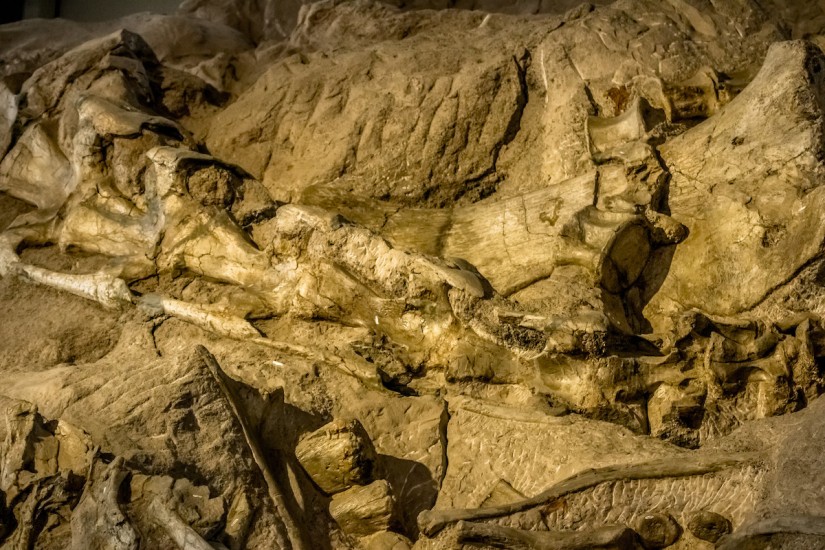In much the same way that the remarkable rise of the United States as an industrial powerhouse was partly a consequence of its rich storehouse of natural resources, the success of its paleontologists largely derived from their access to abundant fossil resources. In the wake of the 1877 discoveries, it was quickly agreed that the largest, most spectacular, and most complete dinosaurs hailed from the United States. But the good fortune of paleontologists such as Marsh was neither an act of God nor a product of nature. Instead, the almost mythical status of the American West as a land of geological plenty grew out of the development of a booming extractive economy. Directly or indirectly, it was the mineral industry that brought people like Reed to the Rocky Mountains, and it was the hope of striking it rich that supplied an incentive for them to scour the landscape in search of a promising prospect. The rapid development of American paleontology and the remarkable expansion of its extractive economy thus went hand in hand, mutually informing, promoting, and reinforcing each other.
The emergence of the United States as a world center for dinosaur research was materially bound up with its bourgeoning mineral industry. But that does not mean transactions such as the one between Marsh and Reed always went smoothly. On the contrary, the exploitation of the region’s abundant resources (fossil and otherwise) often brought with it a great deal of social friction.
Because buyers and sellers tended to be separated by thousands of miles, and because they sought to exchange something that was buried deep underground, the information required to determine a discovery’s value was extremely hard to come by. Before a specimen was disinterred, paleontologists could not know how complete it was, nor whether its bones were of high quality. This made them suspicious of prospectors like Reed, who had a financial incentive to misrepresent a discovery in hopes of inflating its value. To make matters worse, buyers and sellers usually did not know one another personally, which made it difficult for them to form relationships based upon trust. In the face of these difficulties, fossil collectors and paleontologists often looked to transactional practices from the mineral industry for cues on how to behave. Notably, these included negotiation tactics designed to exploit rather than overcome the deficit of trust between the two parties. The booming extractive economy of the American West therefore not only shaped the material context in which dinosaurs were discovered. It conditioned the social networks in which they circulated as well.
